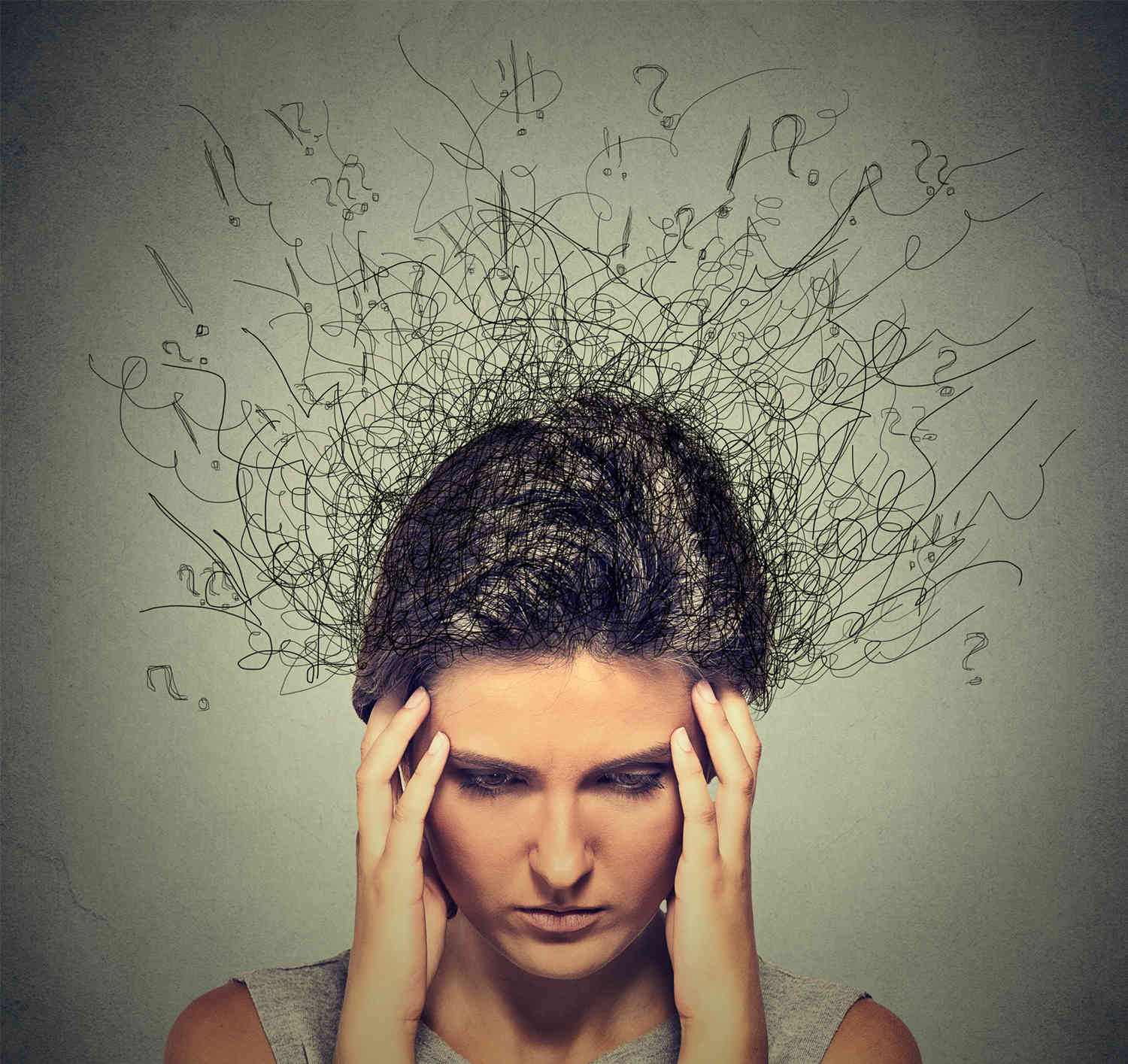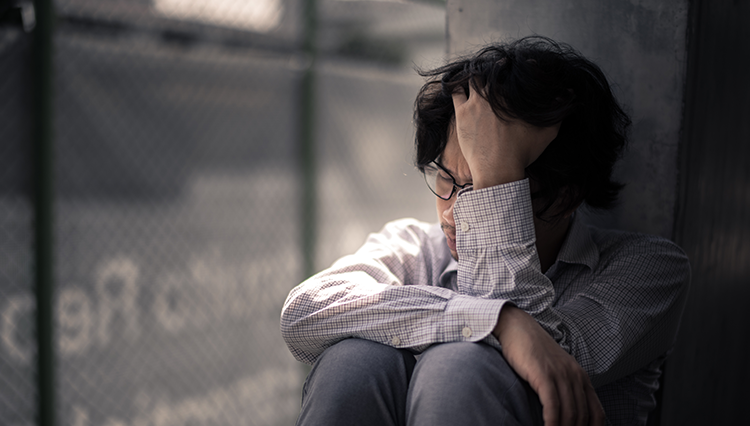In order to relieve people's mental pressure, increase their psychological immunity, and boost their confidence in prevailing over the epidemic, Chinese Association for Mental Health organized experts to compile Guidelines for Psychological Self-help and Counseling for Public 2019 Novel Coronavirus Pneumonia, to rebuild your mental health system for epidemic prevention.
Next, I will introduce you common psychological or mental problems of patients suspected of having COVID-19.
Suspected cases refer to patients who have similar symptoms to those exhibited by confirmed COVID-19 cases but have not been confirmed in laboratory testing, such as fever, fatigue, muscle soreness, nasal obstruction, runny nose, cough, expectoration, chills, shortness of breath, etc.
Suspected cases, while waiting on a diagnosis, may have physical discomfort on the one hand, and a great sense of uncertainty and fear on the other hand, and even a series of mental and psychological problems, such as anxiety, fear, insomnia, nightmares, sadness and hopelessness, oversensitiveness, even dysphoria and aggressiveness, etc. In this silent war against COVID-19, suspected cases face more fear of the unknown while suffering from physical pain.
Ms. W, aged 45, had traveled to the affected area for 2 days 10 days ago, and had fatigue and cough with body temperature of 38℃ in the past 2 days. Ms. W became anxious and fearful of having COVID-19. She could not stop swiping her phone and checking for updates on Sina Weibo, China’s version of Twitter, and searching online for medical information about 2019-nCov. She tried self-diagnosis, and became increasingly afraid and worried with more information learnt. It was difficult for her to cease browsing related articles with her phone even if she turned off her computer and lay on bed. She began to hesitate to go to the hospital the next morning. On the one hand, she was afraid that the doctor would isolate her; on the other hand, she worried about being infected with COVID-19 at the hospital if she did not get COVID-19. Moreover, she was afraid that her family were infected if she got COVID-19. She felt like committing a sin. After a long period of hesitation, Ms. W came to the hospital alone, and was remained in hospital under observation and isolated after the hospital knew her conditions. While waiting on a diagnosis in hospital under observation, Ms. W lay awake all night, and could not get the thought of "do I get COVID-19?" off her head. She asked the doctor many times about when to get testing results, and recalled dribs and drabs of the business trip to the affected area. Feeling anxious and afraid, she was unable to sit down or sleep at ease, and took out her phone every few minutes to take a look, and even thought of death. Continuous panic attack and weak chest aggravated coughs.
Although suspected cases have not yet been diagnosed with COVID-19, they have undergone a series of psychological and physical changes, of which the following are the most obvious:
I. Sense of uncertainty
Compared with confirmed cases, suspected cases are characterized by the sense of uncertainty. Although confirmed cases, their family members and medical workers have such worries as whether they can get well, whether there will be sequelae, and how the epidemic will evolve, etc., suspected cases have almost the strongest sense of certainty as they are not sure whether they have been infected. The strong sense of uncertainty makes them anxious about life safety and fear death, etc.
People can not accept that their body functions either normally or not, so they are eager to seek a definitive answer, which leads to compulsive search behaviors. Suspected cases often seek and thirst for any seemingly definitive information, but doubt the correctness of the information, leading to increased anxiety.
The sense of uncertainty will trigger anxiety in every respect, making people sensitive and suspicious and hesitating.
II. Cognition of fear and catastrophizing
Facing health hazards and the uncertainty of life, our survival instinct will make us afraid or even angry. On the one hand, we should admit our anxiety, fear and anger. These emotions are our normal response to stress/danger. Moderate anxiety helps improve our vigilance level and favors the survival and creation of individuals. On the other hand, anxiety and fear will be exacerbated and amplified by many of our involuntary catastrophic thinking, especially in the era of information explosion. In most cases, we will be consciously or unconsciously overwhelmed by relevant information of “COVID-19”. Seeing available updates on Sina Weibo and WeChat moments and checking your phone every few minutes bring more worry and fear. Especially the emotional and personal information on the social media has caused us a deep sense of fear and weakness, and even the anger at others or the society.
III. Fear and somatic response
Especially when such symptoms as fever and cough develop, the catastrophic thinking will become more real, generating fear of death, guilt and regret about our behavior - “Will I die from infection with COVID-19? What will happen to my family? They are also infected by me, and the evil I bring on myself is the hardest to bear”. Anxiety and fear will activate our sympathetic nervous system, aggravating our original symptoms and even leading to new symptoms such as palpitation, weak chest, shortness of breath, constipation and frequent urination, etc. Now, our anxiety and fear will be magnified infinitely, leading to a vicious circle of anxiety and fear.